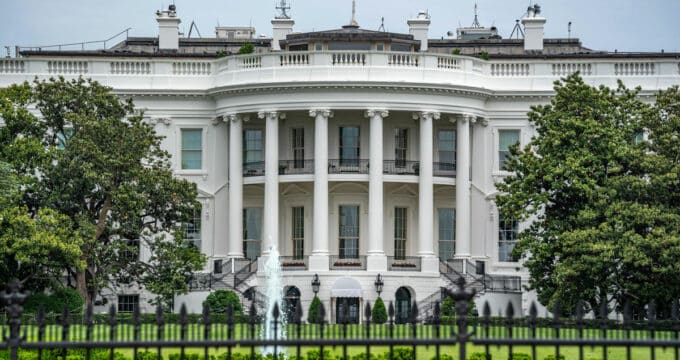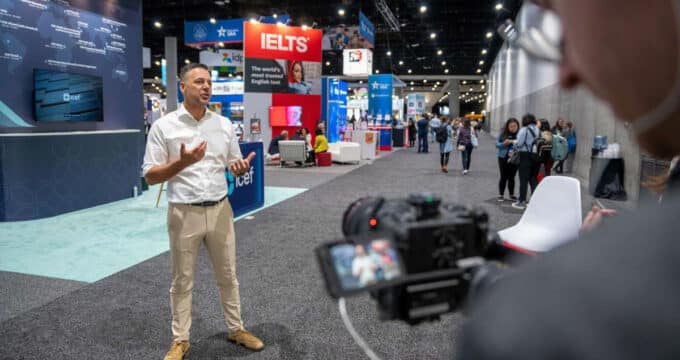NACAC amends guidance regarding education agents
In 2013, the National Association for College Admission Counselling (NACAC) voted to lift a ban on the use of commissioned agents for international student recruitment. This decision was subsequently enshrined in the association’s code of ethics in 2014. Formally referred to as the Statement of Principles of Good Practice (SPGP), this is the document that effectively codifies the ethics and standards of conduct for the association. There are a number of key principles that underpin the association’s decision to allow the use of education agents by US educators, both in the 2013 vote and in the amendments adopted a year later. Those principles - accountability, transparency, and integrity - are reflected both in the SPGP and in related guidance produced by NACAC for educators as well as for students and parents. Most recently, at its 2016 Assembly in Columbus, Ohio, NACAC moved to further strengthen the transparency provisions in the SPGP. On 24 September, the association formally adopted two revisions to its code, specifically to add a new section 3 to Article II.A of the SPGP to indicate that members should:
- "In contracts with third party representatives, require those representatives to disclose to their student clients all institutions who are compensating them."
- "In their promotional material for international students, institutions should offer to verify whether they have authorized any third party agents to represent them and indicate how students may request this verification."
NACAC indicates that these new provisions will come into effect for the 2018 admissions cycle, and that they will be reflected in an updated edition of the SPGP to be published within the next month. “The adoption of the new best practice came in response to a call for greater transparency around the practice of agency-based recruitment and accountability by institutions when working with agents,” says NACAC Assistant Director of International Initiatives Lindsay Addington. “The proposal for stronger language around agency recruitment in the SPGP was made at last year’s NACAC national conference by our affiliate, the International Association for College Admission Counseling [IACAC].” IACAC has expressed a specific concern about a practice that is colloquially known as “double dipping,” where an education agent may receive a commission from an institution as well as fees from the student-client. The implication of the term is that this is an inappropriate practice, and particularly so when students or families are unaware that the agent is receiving a commission from the institution to which the student has been referred. However, many agents or international educators would also acknowledge that referral commissions alone will often not fully cover the costs of acquiring and serving a new student-client, and that the decision to engage an agent and pay any related service fees is best left with the student. In any case, in amending its guidance for educators NACAC is reaching back to those underlying principles of accountability and transparency that have guided its recent policy with respect to education agents. “Through encouraging this best practice in our code of ethics, students will be able to make more informed decisions about who they work with through the college admission process,” adds Ms Addington. “NACAC believes that having access to quality college counselling is crucial to students’ transition to higher education; we want to ensure that international students are treated ethically in the process.” This revised guidance has also been adopted against the backdrop of increasing agent usage on the part of US educators. While agents have not been as widely used in the US as in other major study destinations, such as Australia, Canada, or the UK, the situation is changing quickly. A study presented at NAFSA earlier this year found that nearly half of US institutions directly or indirectly use international agents today. As we noted in our earlier report on the study, “In a sign of further adoption growth to come among those responding institutions not currently working with agents, roughly half (46%) expected that they would do so in the years ahead. This finding…is echoed by a broader NACAC survey this year in which about 30% of US institutions not currently working with agents indicated that they were considering doing so in the future.” For additional background, please see “Study finds growing use of agents among US universities” and “NACAC changes code of conduct to allow international agents; releases agent guide for US institutions”.


















